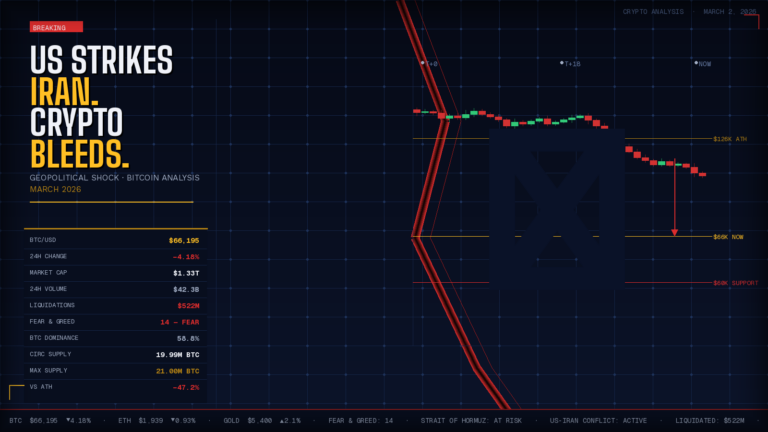Key takeaways:
- The SEC wanted to have a murky injunction confirmed, but the justices made it clear that the ruling only extended to direct sales.
- The judge was persuaded that LBC’s transactions on the secondary market are not securities.
The sale of LBRY tokens on the secondary market does not count as the sale of a security, the United States Securities and Exchange Commission (SEC) has publicly acknowledged. The settlement was reached on January 30 during an appeal hearing in the LBRY v. SEC case.
Attorney John Deaton resolved a powerful argument at the appeal hearing, which many hailed as a victory for the whole cryptocurrency industry against the SEC’s overreaching regulation via enforcement.
SEC received summary judgment in its favor during the hearing on November 7. The verdict did not go into great depth about the nature of the transactions, but it classified each sale of the LBC token over six years as an investment contract. The SEC hoped to make progress in its mission to legitimize the secondary market and bring it under its jurisdiction. The SEC has requested the district court judge in New Hampshire to uphold the broad, vague order banning its sale.
Deaton sought clarification for LBC secondary market transactions because he thought the injunction was vague and broad and represented tech writer Naomi Brockwell as an amicus curiae. An amicus curia is a person or group not a party to a lawsuit but can support a court by providing data, knowledge, or insight relevant to the case’s issues.
The judge was convinced that LBC’s secondary market transactions are not securities by Deaton. To avoid explaining LBC, the SEC requested an order that does not distinguish between LBRY, the company’s management, and users. When the judge turned to face Deaton, he said:
“amicus, I’m going to make it clear that my order does not apply to secondary market sales.”
Lewis Cohen, a commercial contract lawyer, studied all security litigation filed in the U.S. since Howey for a study that Deaton quoted. Throughout Cohen’s analysis of security cases in the U.S., no judge admitted that the underlying asset was security at any time.
Many people in the cryptocurrency world, notably owners of XRP, felt relieved by the court’s decision in the case. The SEC has filed a securities lawsuit against Ripple over the sale of XRP tokens. The recent decision that the sale of LBC tokens on the secondary market does not qualify as a security may help Ripple’s case.









